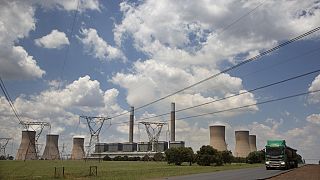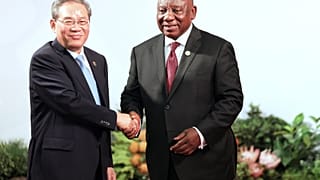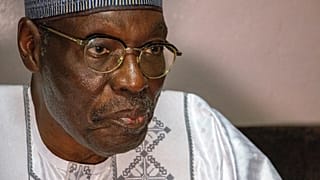Business Africa
DRC’s Mining Sector Enters a New Phase of Growth
The Democratic Republic of Congo (DRC), already home to some of the world’s largest reserves of cobalt and copper, is entering a dynamic new phase. Recent geological surveys have unveiled new mineral-rich zones, drawing renewed investor interest and strategic international partnerships.
Djimpe Landry, a partner at Innogence Consulting in Kinshasa, notes that “these new Geological Research Zones are key to unlocking long-term investor confidence and will drive a more transparent, regulated approach to resource management.”
The government’s latest reforms include clearer mining codes, improved contract oversight, and initiatives to attract climate-resilient energy investments to power mining operations. Yet, persistent security threats in the east of the country continue to raise concerns. Analysts emphasize the importance of fair and sustainable foreign partnerships to ensure Congolese communities benefit from the boom.
“Managing partnerships equitably will be essential. The DRC must insist on technology transfers, local job creation, and environmental standards,” Landry added.
Women Driving the Future: Spiro Launches All-Female EV Assembly Line in Kenya
In Nairobi, a historic milestone was marked with the launch of Africa’s first all-women electric vehicle (EV) assembly line by Spiro, the continent’s largest EV manufacturer. This groundbreaking initiative merges clean energy innovation with gender empowerment, challenging norms in a male-dominated industry.
The facility not only champions eco-friendly transport solutions but also offers new employment and upskilling opportunities for women in STEM and technical trades. Spiro's initiative is seen as a blueprint for inclusive industrialization in Africa’s growing green economy.
“This is not just about EVs , it’s about rewriting the narrative of what women can do in heavy industry and in the climate transition,” said a spokesperson for the company.
Afreximbank’s $3B Energy Facility to Curb Fuel Import Dependence
Meanwhile, Afreximbank has announced a $3 billion credit facility aimed at reducing Africa’s dependence on imported fuels, a major drain on national budgets and trade balances. The initiative supports regional refining hubs and infrastructure projects, including Nigeria’s Dangote Refinery and Angola’s Lobito and Cabinda refineries.
The facility is expected to catalyze intra-African energy trade, boost self-sufficiency, and help stabilize fuel prices across the continent. From mineral-rich provinces to solar-powered cities, Africa is asserting its potential, one reform, innovation, and empowered workforce at a time.












01:00
War in Ukraine: How Kyiv copes with winter power outages
Go to video
US firm sues DR Congo over alleged bribery scheme
00:51
Nigeria to revise inflation reporting after artificial spike expected in December
Go to video
Landslide in eastern Congo kills at least 13, leaves over 30 missing
00:47
Ghana settles $1.47 billion energy sector debt to restore power stability
02:34
Kenyan women's fight for their land rights after death of husbands